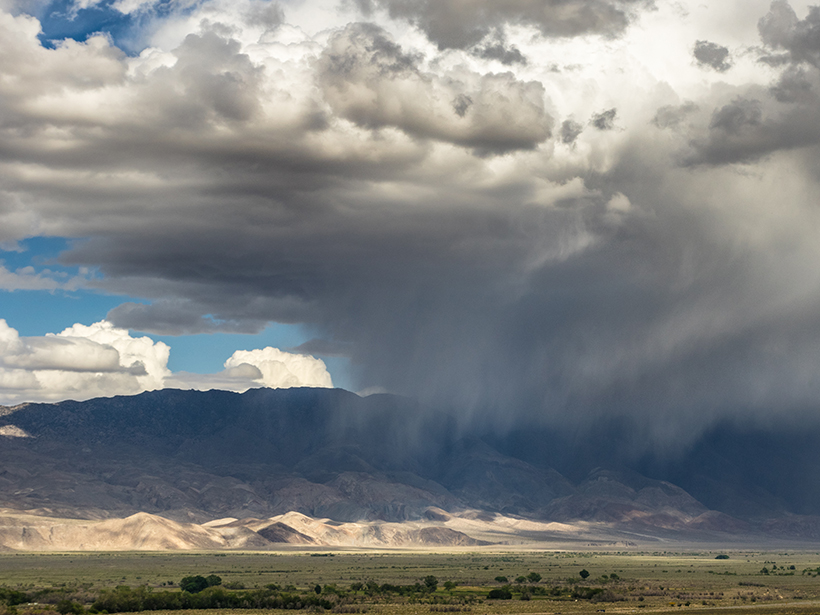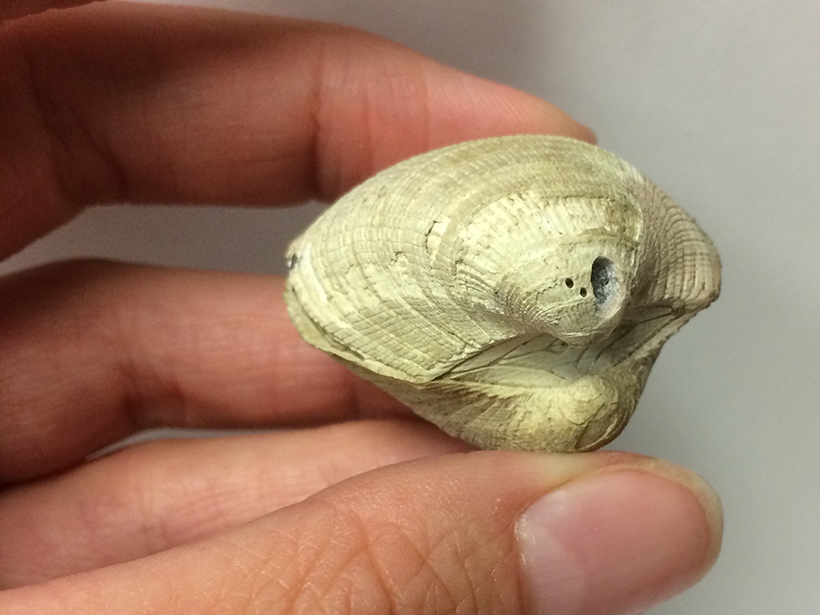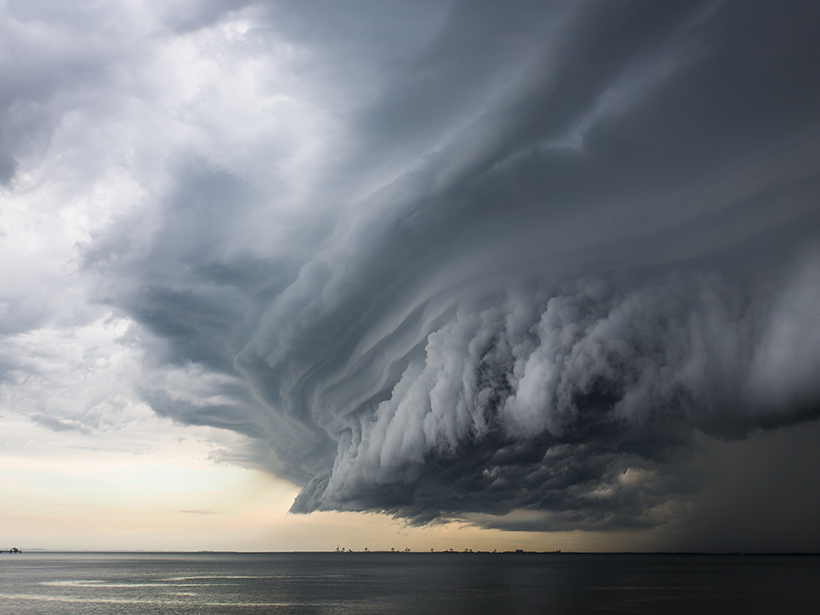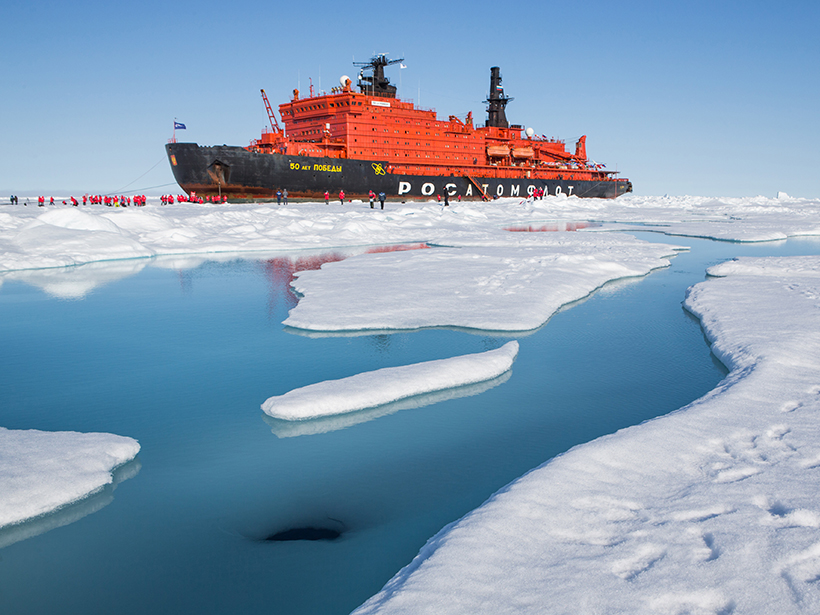An international team produced an integrated assessment of polar ice mass losses in 2012. Now efforts to provide an up-to-date assessment are under way, with an open invitation for participation.
Climate Change
Monster El Niño Not Enough to Quench California Drought
New research shows that the Sierra Nevada snowpack will likely not recover from the current drought until 2019.
Climate Warming May Have Helped Kill the Dinosaurs
New evidence indicates ancient warming spells that coincided with prodigious volcanism and a powerful meteorite impact, both seen as possible causes of mass extinctions about 66 million years ago.
Characterizing Climate Fluctuations over Wide-Scale Ranges
Scale and Scaling in the Climate System; Jouvence, Quebec, Canada, 5–7 October 2015
Integrated Marine Research for Sustainable Ocean Development
Sustainable Ocean Development—A Perspective from Former, Current and Future Kiel Marine Scientists; New York, 28–30 September 2015
Citizen Scientists Train a Thousand Eyes on the North Pole
During expedition cruises, tourists participate in collecting scientific data and contribute to ongoing observations of sea ice conditions in the Arctic.
What Causes Heavy Rainfall?
Scientists investigate atmospheric conditions that correlate to heavy rainfall in the midlatitudes.
Measuring Progress Toward Sustainable Goals
Grouping targets that need to be hit into composite goals may help countries evaluate their progress toward sustainable development targets laid out by the United Nations.
Habitat Fragmentation Prevents Migration During Climate Change
East Coast species will face the most difficulty finding routes to cooler homes as climate change forces migration.
Ocean Observatories Initiative Expands Coastal Ocean Research
OOI Coastal Arrays Community Workshop; Washington, D. C., 5–7 January 2016









